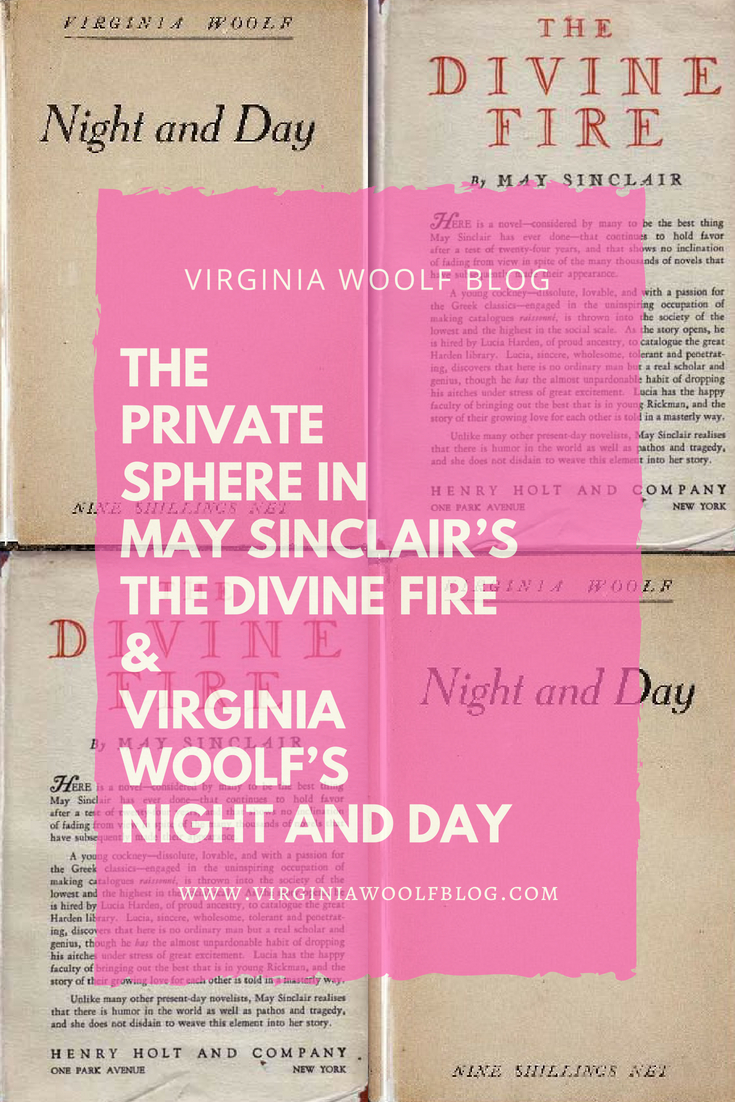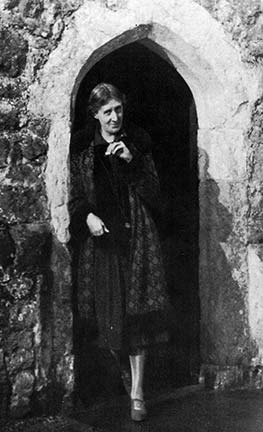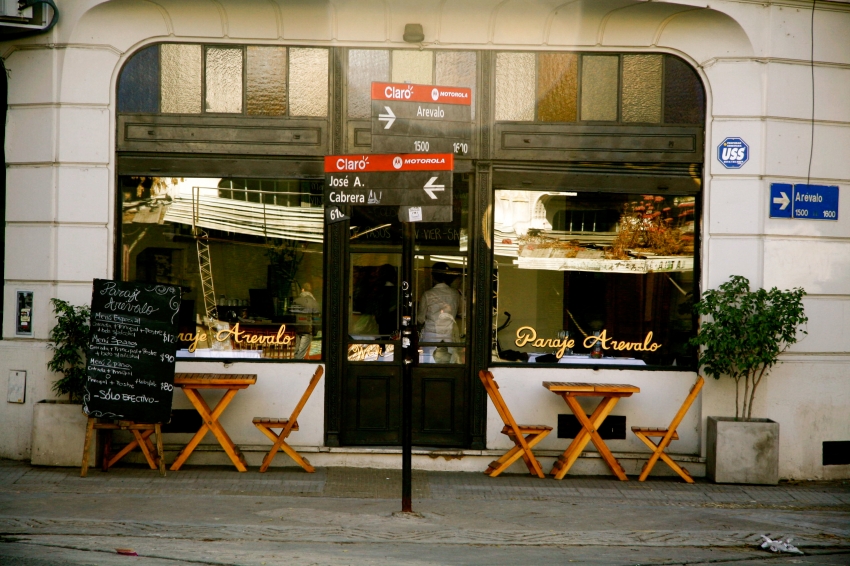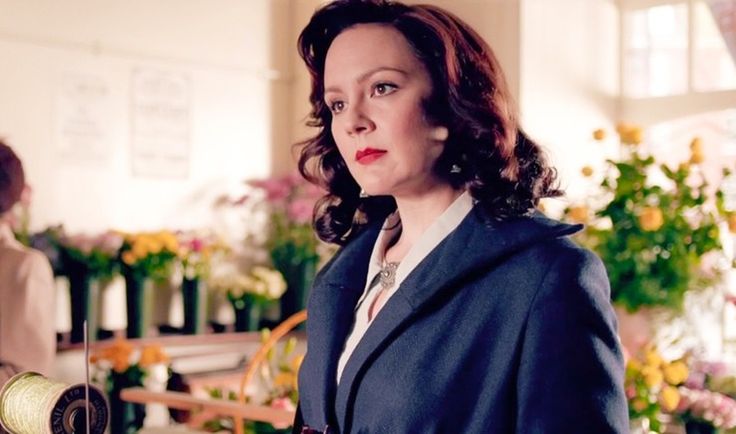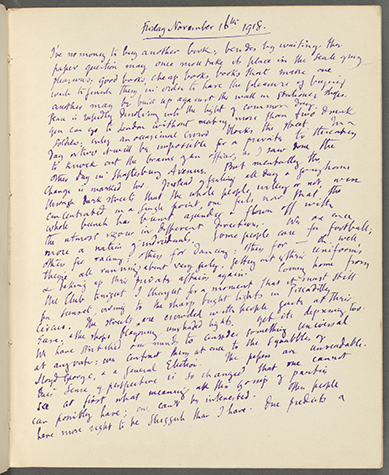
Virginia Woolf’s last diary entry, written the day before Virginia committed suicide, gives us a glimpse into her state of mind around the time of her death.
What’s striking about the entry, though, isn’t what she says but what she doesn’t say. The word “depression” popped up repeatedly in her diary the months and weeks before her death but is nowhere to be seen in her last entry, which Virginia mistakenly dated as March 24. Instead she describes a meeting with a local doctor and friend, Octavia Wilberforce:
“Monday March 24
She had a <face> nose like the Duke of Wellington & great horse teeth & cold prominent eyes. When we came in she was sitting perched on a 3 cornered chair with knitting in her hands. An arrow fastened her collar. And before 5 minutes had passed she told us that two of her sons had been killed in the war. This, one felt, was to her credit. She taught dressmaking. Everything in the room was red brown & glossy. Sitting there I tried to coin a few compliments. But they perished in the icy sea between us. And then there was nothing. A curious sea side feeling in the air today. It reminds me of lodgings on a parade at Easter. Everyone leaning against the wind, nipped & silenced. All pulp removed.This windy corner. And Nessa is at Brighton, & I am imagining how it wd be if we could infuse souls.Octavia’s story. Could I englobe it somehow? English youth in 1900. Two long letters from Shena & O. I can’t tackle them, yet enjoy having them. L. is doing the rhododendrons…”
Leonard brought Virginia to Octavia’s house in Brighton that day desperately hoping she could guide Virginia through her current bout of depression and prevent another mental breakdown.
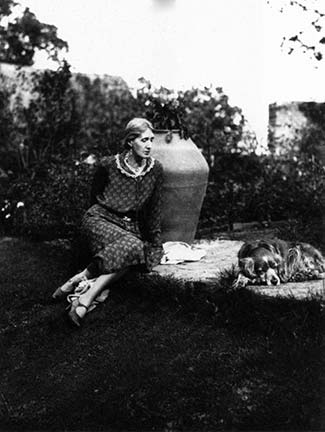
In the book Virginia Woolf: A Biography, written by Virginia’s nephew, Quentin Bell, Bell discusses the details of the meeting that Virginia left out:
“The interview was difficult. Virginia at once declared that there was nothing the matter with her… ‘All you have to do,’ said Octavia, ‘Is reassure Leonard.’ Then she added that she knew what kind of symptoms Virginia felt, and asked to examine her. In a kind of a sleep-walking way Virginia began to undress and then stopped. ‘Will you promise, if I do this, not to order me a rest cure?’ ‘What I promise is not to order you to do anything that you wouldn’t think it reasonable to do. Is that fair?’ Virginia agreed and the examination continued, not without many protests. She was like a child being sent up to bed. In the end she did confess some parts of her fears, fears that the past would come back, that she would be unable to write again…At the end she took Virginia’s hand, a cold thin hand she found it, saying: ‘If you’ll collaborate I know I can help you and there’s nobody in England that I would like to help more.’ At this Virginia looked a little happier – ‘detachedly pleased,’ as Octavia put it.Then there was the private consultation between Octavia and Leonard…It seemed, both to Leonard and Octavia, that the consultation had done some good.”
Although Octavia and Leonard seemed to think the consultation went well, the fact that Virginia didn’t give the consultation more than a few sentences in her diary, most of which were a description of what Octavia looked like, and followed those sentences with “And then there was nothing” seemed to sum up exactly what she thought of it.
Perhaps she knew all along that she was going to kill herself the next day and was merely playing along to please Leonard. Leonard believed that she had already tried to drown herself a few days prior and a second attempt seemed almost guaranteed.
Or maybe she actually did feel, at the time of the consultation, that Octavia could help her but once she was alone and writing in her diary she changed her mind.
Either way, it was apparently too late. After Virginia and Leonard left Octavia’s house that day, Octavia wrote Virginia a note reassuring her that she could help her. When she called the Woolf’s house the next evening, Virginia had already drowned herself.
Sources:
Virginia Woolf; a Biography; Quentin Bell; 1972
The Diary of Virginia Woolf; Volume Five; 1936 – 1941; Virginia Woolf

